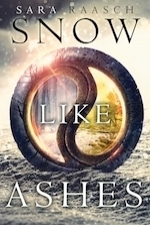
You Must Build A Boat
Games
App
*** App Store Best of 2015! *** So you think you are good at matching? Time to put those skills to...
Kirk Bage (1775 KP) rated Höstsonaten (Autumn Sonata) (1978) in Movies
Jan 28, 2021
The fact that something is bleak has never put me off, and Bergman too is completely unafraid of leaving you entirely depressed. In fact, I wish Hollywood wasn’t so afraid of it. Very few films with personal conflicts this strong spring to mind – perhaps Blue Valentine is as close as it gets. But on the scale of rhetorical blows to the emotional solar plexus, that would be a 4 and Autumn Sonata would be a 9. Truthfully, I have seen few things so brutal and painful played out in film form. Guilt, blame, regret, denial, shame and loss cut to the bone, making the key scenes at the crescendo very hard to watch, but also brilliant because of it. Visually it is warm and cosy enough, but quite static, like a stage play, but of course Bergman was aware of this. He wants us to focus on the people, and so we do. A blindingly strong work of art all round. Just not something you want to revisit too often.
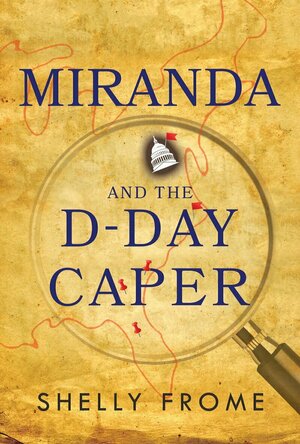
Miranda and the D-Day Caper
Book
A modern day mystery with WWII tactics, old-time heroes and values, and the efforts of two amateur...
Cosy Mystery
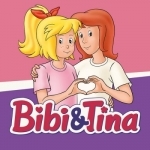
Bibi & Tina: Großes Pferdeturnier
Games and Entertainment
App
Großes Pferdeturnier mit Bibi & Tina für echte Pferdefreundinnen! Auf dem Martinshof ist ganz...
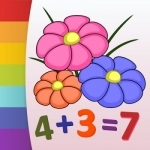
Color by Numbers - Flowers
Games and Education
App
If your child likes flowers, this coloring game is made for them. Beautiful flowers make them feel...

100 Yoga Spa Relax Music
Health & Fitness
App
100 Yoga Spa Relax Music - The Greatest Yoga,Spa,Meditation,Healing and Manifestation Collection...
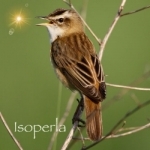
Bird Song Id Automatic Recognition & Reference - Birds of the British Isles
Reference
App
The original and the best, accept no cheap imitations ! Record a bird singing and use Automatic...

Vogelzang Id Nederland Automatische Herkenning
Reference and Book
App
The original and the best, accept no cheap imitations ! Record a bird singing and use Automatic...
Goddess in the Stacks (553 KP) rated Snow like Ashes in Books
Oct 9, 2018
A little backdrop is needed. In Meira's land, there are eight countries. The Rhythm countries, where seasons proceed as normal, and the Seasons - 4 countries locked in one season each. The rulers of each country have a magic conduit that lets them feed magic to their people - but the conduits are gender-locked. In four of the countries, only women can use the conduit; in the other four, only men. Meira and her little band are all that's left of the free people of Winter. Spring invaded sixteen years ago, killed Winter's queen, broke the locket that was their magic conduit (each ruler has one) and enslaved their people. Because the queen only had a son, he can't wield Winter's magic anyway. They're still trying to find the two pieces of the locket so when he has a daughter, she can wield it. You'd think at this point, since he's of age, he should be trying to get as many women pregnant as possible to up the odds of getting a royal heir who can wield the magic, but that...doesn't come up.
The book does delve into the country's people being oppressed, used as slaves, and being incredibly abused by the conquering country, and this is where I ran into a quandary. The Season's people reflect their countries: Autumn's people have copper skin, Spring's citizens are blond-haired and green-eyed - and Winter's people are white. Pale skin, snow-white hair, blue eyes. Writing white people as the oppressed people just rubs me the wrong way. (In that false "help I'm being oppressed because other people want equal rights!" kind of way.) Yes, this is fantasy, yes, it has nothing to do with our world's politics - but it bothers me. It's at least not white-savioring, as Meira's trying to save her own people, but I don't know. Is it better or worse to write white people as the oppressed protagonists?
That question aside, this was a well-written novel of fighting against an oppressor. There is definitely still work to be done at the end of the book, and there are two more books, as well as two short stories. While I am a little curious what ultimately happens, I don't know if the series has earned more time on my reading list.
You can find all my reviews at http://goddessinthestacks.com

50in1 Piano
Music
App
Learn to play the piano, create your own songs and even sing to your compositions! 50in1 Piano lets...

